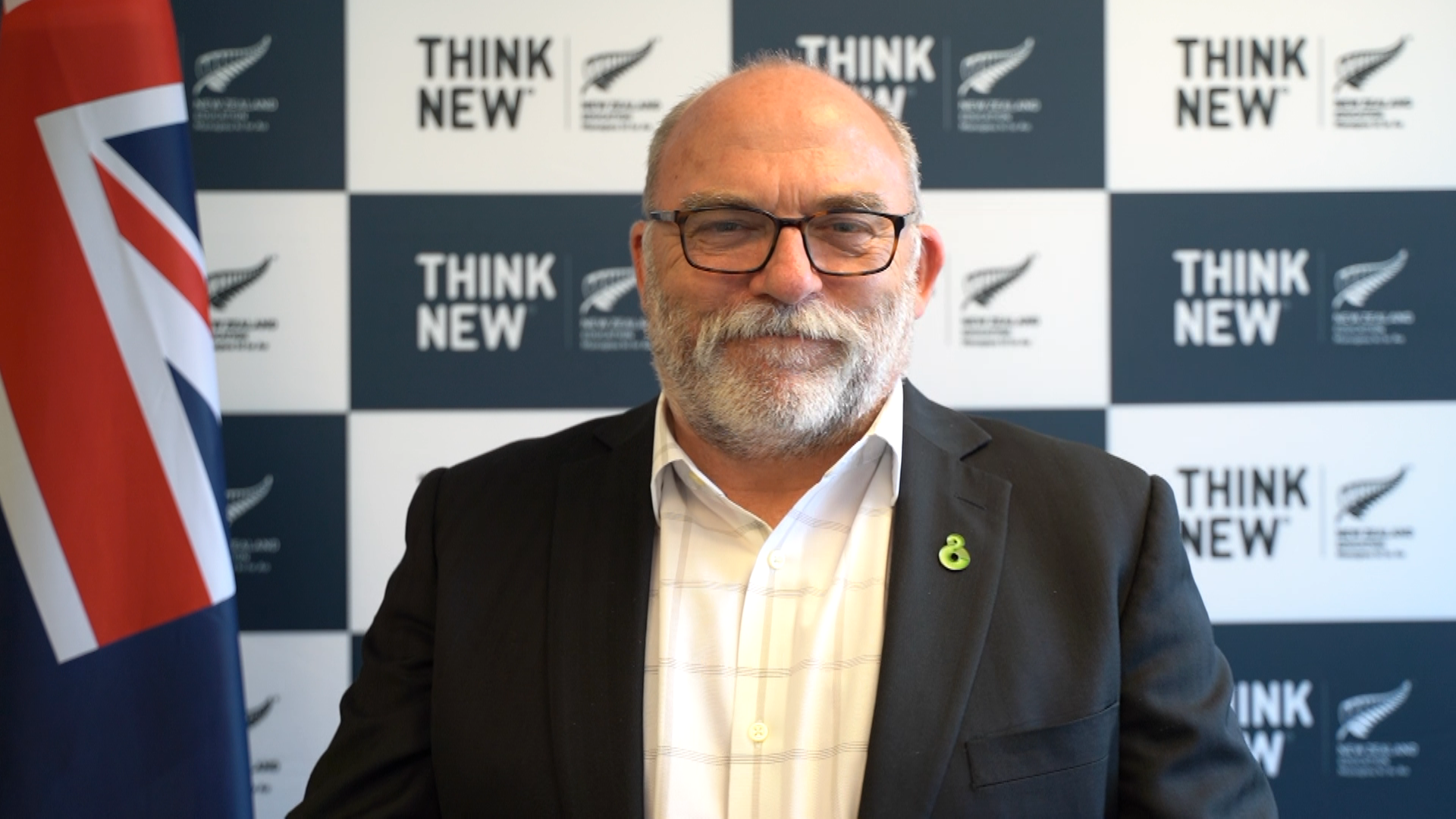24 March 2022 at 9:30 am
From the Chief Executive: Positive steps for international education
As our borders reopen, I’m delighted that we have been able to restart the Prime Minister’s Scholarships for Asia and Latin America. Applications opened this week for the first round of the scholarships since 2019, closing on 2 May 2022. For safety reasons, this round will be open for group applications only.

Initially focused on Asia, the Prime Minister’s scholarships started in 2013. Since then, more than 2,400 Kiwis have benefited from the experience of living in an Asian or Latin American country, developing personal connections, cultural understanding and global citizenship skills as well as gaining new perspectives in their chosen field of study. These scholarships are a great example of the two-way nature of international education – it’s about the opportunity for us as New Zealanders to learn, as well as for us to contribute.
Over the years the scholarships have evolved and this is set to continue in the future, following two recent wānanga with Māori partners. The first wānanga explored what ‘global citizenship’ means from a Māori world view. The second wānanga discussed the Prime Minister’s Scholarship programme, how to grow Māori participation in it, and how to support rangatahi through creating programme connections with iwi and the Māori economy, so the programme provides greater value for Māori. Alongside participants from a range of iwi and sector interests, representatives from the newly formed Kāhui Kaupapa also attended – Māori alumni of the Prime Minister’s Scholarships for Asia and Latin America. This work is part of ENZ’s long-term programme to build partnerships with iwi, Māori and Māori providers of education services, to transform the understanding of international education and ensure the education system delivers with, and for, Māori in the international context.
We have also made good progress with plans for inbound travel for international education this month. Universities are currently using our new portal system to nominate international students for their 1,450 places as part of the fourth cohort of 5,000 students. Working with the Ministry of Education, we are now assessing applications for places received from schools, PTEs and English language schools and will let them know their individual place allocations next week, so that they can start sending in their nominations, along with Te Pūkenga. Immigration New Zealand is due to begin processing the first formal requests for travel under this border exception by mid-April, in time for a mid-year study start.
In related news, travel from visa waiver countries such as Japan and South Korea has been brought forward two months and will now reopen from 2 May 2022. Students from these countries will be able to come to New Zealand for short courses of up to three months, which is good news for the sector, including English language schools.
While the borders were closed, online education offerings assumed a greater role. This sets us up well to continue to provide a more varied and resilient international education offering in the future. Phase two of a pilot programme to promote New Zealand-branded online education to the world starts in June and interested education providers are invited to a webinar on 31 March 2022 to find out more. This phase of the pilot will continue our partnership with FutureLearn, a well-established online platform with a significant global audience.
COVID-19 has affected our daily lives in many ways, including making virtual meetings the norm. When we held our regular peak body and regional gatherings last week, it was noticeable that a greater degree of formality tends to prevail online, and it’s much harder to get lively discussions underway. We really value and need to hear from our industry partners, and so I would welcome any suggestions for how we can make sure that these meetings enable robust discussion and exchange of ideas.
This month we welcomed Ziena Jalil to her first meeting as an ENZ Board member. Ziena was once an international student and is now an award-winning business and public sector leader, with 20 years’ experience working in New Zealand and Asia. Ziena brings enormous expertise in education, international relations and marketing, which will greatly benefit ENZ and the wider international education sector as we work to rebuild post-COVID.
This month we also published our 2020/21 Annual Report, which had been delayed by a shortage of auditors, related to COVID-19. The report is available on our website here and highlights the impacts of COVID-19 on the sector and our joint efforts to maintain an ongoing commitment to international education during this challenging period.
Okea Ururoatia! – Keep striving forward!
Grant McPherson


